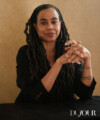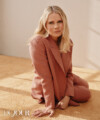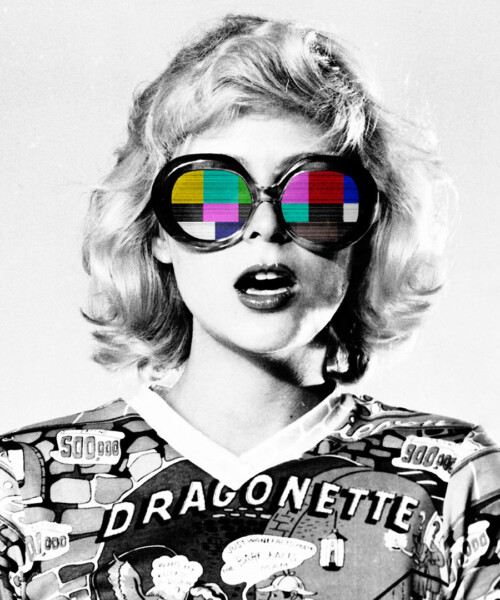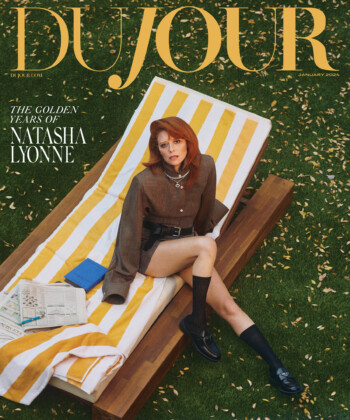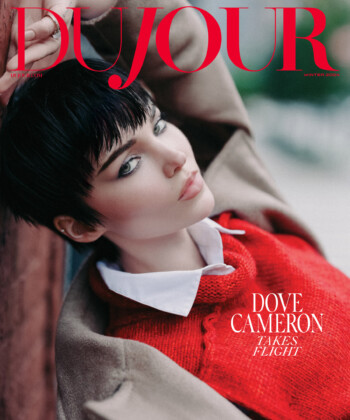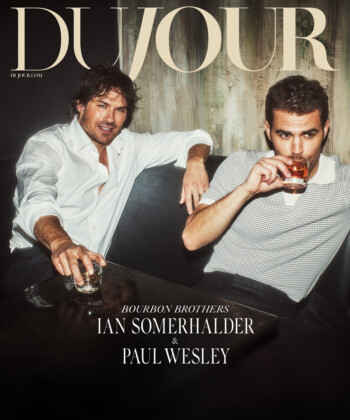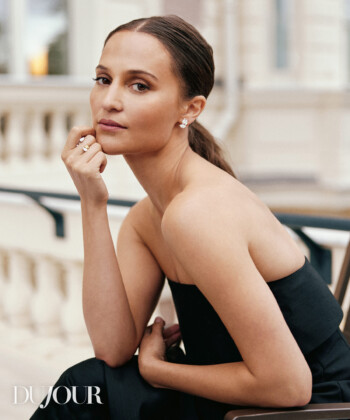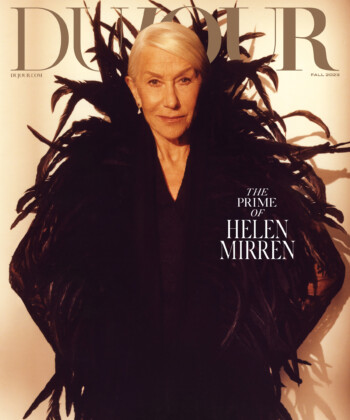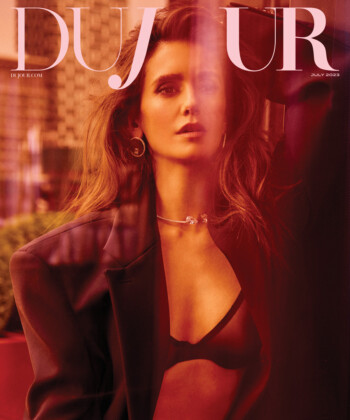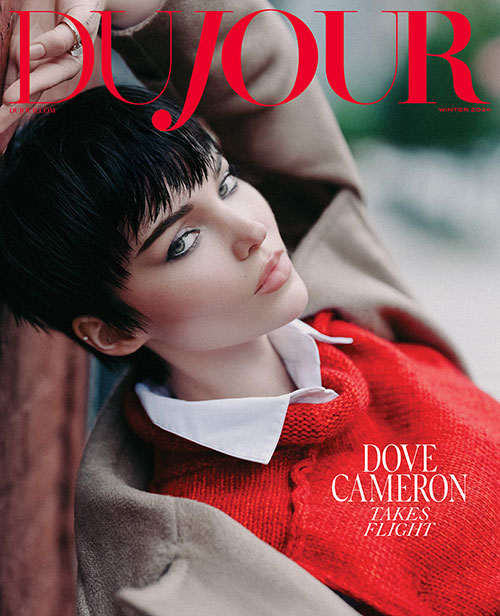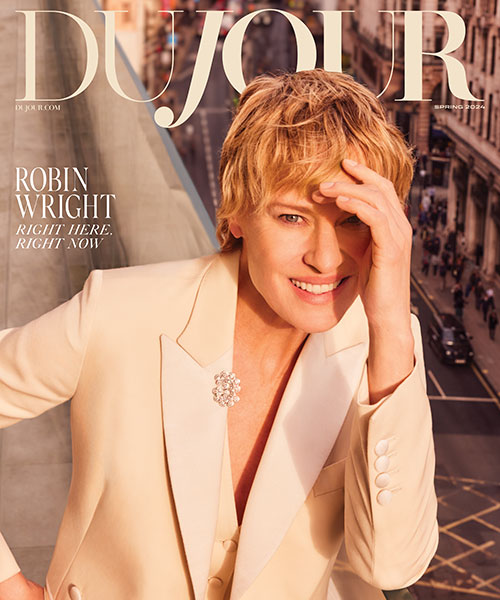I spent August in a haze, terribly thirsty, the sun beating down on me. I know I went to work that month, even went on vacation, but that’s not what I remember. I was powering through episodes of seasons 1 to 4 of Breaking Bad, five or six at a time. I wasn’t alone. I’m not referring to my husband, though he got hooked too—”Don’t watch one without me,” he’d say, as if the 21st-century version of adultery were my cheating with Jesse Pinkman, all cute in his yellow hazmat suit. Thousands of people joined me across the country, racing to catch up with the series, as if it were a road trip with a destination of the September 29 finale.

Breaking Bad’s Jesse Pinkman (Aaron Paul) and Walter White (Bryan Cranston); photo by Ursula Coyote/AMC
Binge TV watching has a bad name, associated as it is with binge eating, a habit followed by guilt and fatness, or, worse, with binge drinking, a habit followed by blackouts and regret. That rep is undeserved. In a summer that featured multiple trips to the Hamptons and Maine, the highlight for me was still a camera’s close-up of a flowerpot bursting with lily of the valley. (And if you don’t get the reference, I so envy you. There are fun days ahead.)
This fall, TV-research gurus Nielsen reported, “Viewers are streaming video at a breakneck pace—demonstrating incredible binge appetites for programming.” Note that happy breathlessness: Bingeing is the solution the entertainment industry has been scrounging for since God created TiVo. Bingeing is an 11th-hour savior for TV, which can now sell its best wares on DVD, and for websites that found the nerdy (but enlightening) cottage industry of recaps provided a huge traffic boost. But why are we feeling the pull of marathons now? Conventional wisdom—and by that I mean every midwestern communications major who wrote his senior thesis on “Be Careful Out There, Mo’fucker: Good and Evil Law-Enforcement Archetypes from Hill Street Blues to The Shield“—argues that it’s because television has just gotten so damn good. True, but TV marathons began decades ago, as stoned college students watched Star Trek from midnight to sunrise.
TV marathons did die out for a while; the formulaic styles of procedurals like medical dramas didn’t lend themselves to bingeing. The few exceptions were repeats of Masterpiece Theatre, where a lucky viewer could watch the full depravity of I, Claudius in one afternoon.
Then the pace of television accelerated. Producers learned from soaps that people could follow more characters and a more complicated story. Wiseguy, an almost forgotten late-1980s crime show, was an early pioneer of the multi-episode arc: The first episode starred as its villain Kevin Spacey, who would later nail the can’t-stop-watching cliffhanger genre in Netflix’s House of Cards.
Then a handful of older shows started popping up again, in bulk, on cable over Memorial Day weekend, so those uninvited to barbecues could feel they had an appointment. The repeats that lent themselves to bingeing had nothing in common at first glance. But they were all texturally rich in time or place; they were a heady trip to somewhere else. The futuristic disconnection of The Twilight Zone. The pervasive New York City of Law & Order. The hypnotic 19th-century immersion of doing all of Ken Burns’ The Civil War in a day. These were shows with an inexorable momentum to them. It was only amplified as TV screens became ginormous.
At some point, I’m supposed to apologize for knowing all this, for watching all these. We as a country are ashamed of our vices, none more so than television. You’d never apologize for reading Kazuo Ishiguro or seeing Shakespeare, both of which I also did last summer but which didn’t stick with me with the same clammy resonance as the evil of Walter White.
We allow that readers of books are “armchair travelers,” opening tomes to go other places. Perhaps “couch-potato tourists” do the same. It’s all storytelling, and we deserve to experience the stories we want whenever we desire them—which is whenever we take them down from the shelf. TV is the new novel. That sound you hear is the “click-shoop” of the DVD tray and the push of the play arrow. Enjoy.







